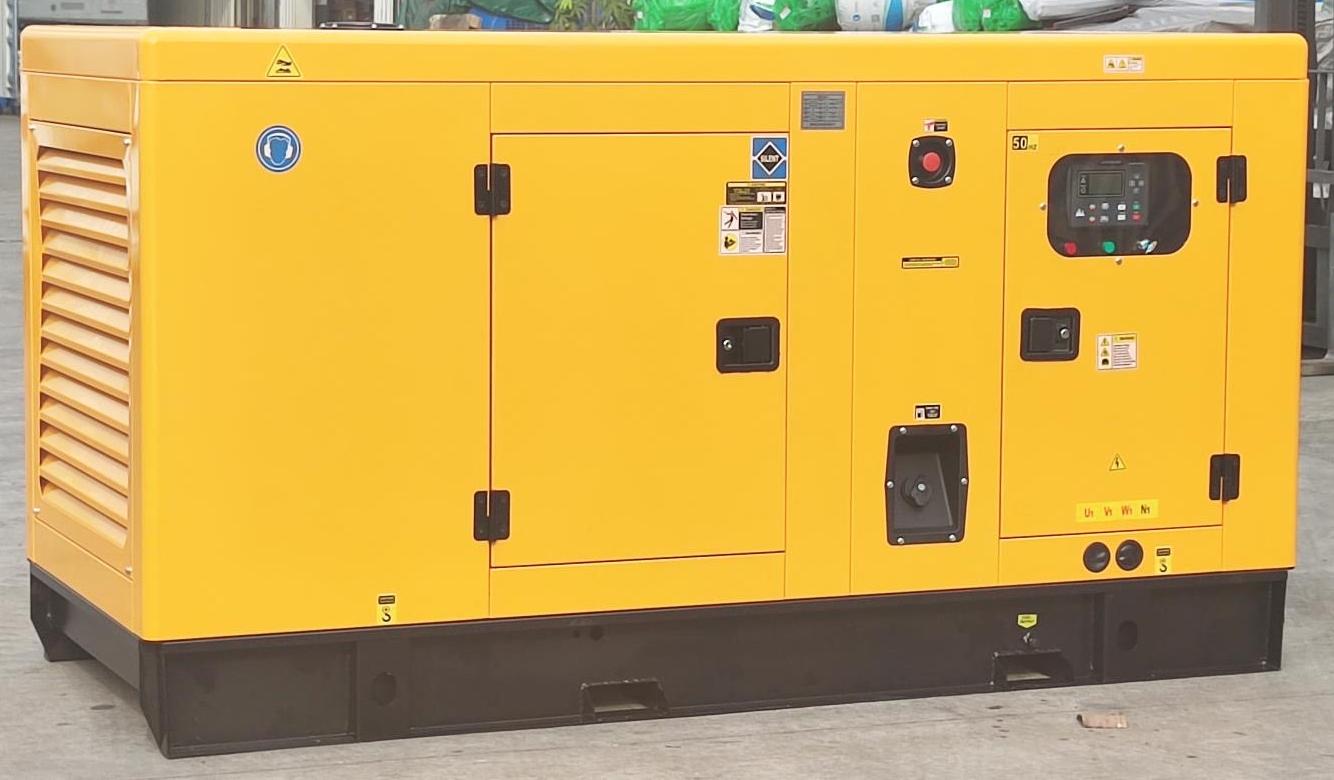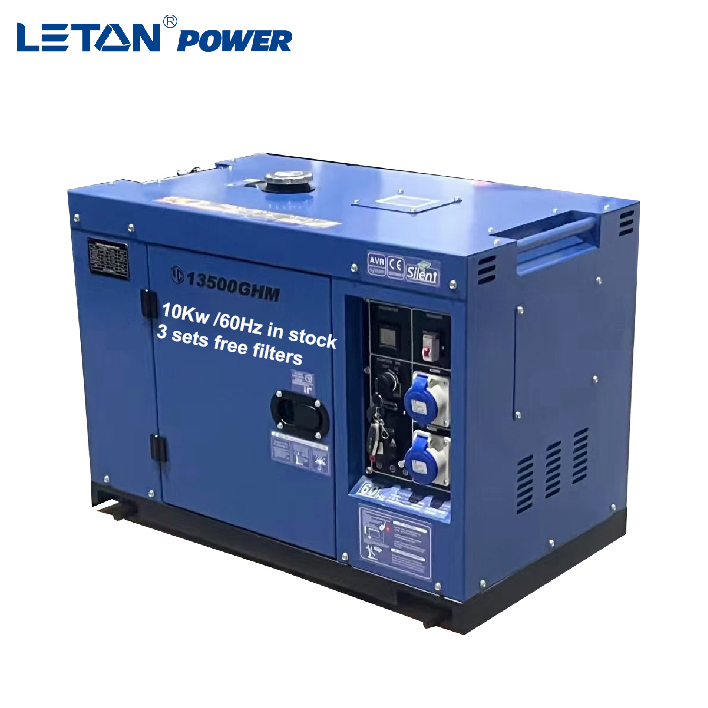Generators are essential machines that convert mechanical energy into electrical energy, powering homes, businesses, and various applications during power outages or in remote locations. When it comes to generator cooling systems, two primary types exist: air cooling and water cooling. Each system has its unique characteristics, advantages, and disadvantages, making it crucial to understand their differences before making a purchase decision.
Air Cooling Generators
Air cooling generators rely on the natural flow of air to dissipate heat generated during the operation of the engine. As the engine’s internal components, such as pistons and cylinders, move, they produce heat that must be effectively managed to prevent overheating and damage.
Advantages:
- Simplicity: Air cooling systems are typically simpler in design, with fewer components and less maintenance requirements compared to water cooling systems.
- Portability: Lightweight and compact designs make air-cooled generators ideal for portable applications, such as camping, tailgating, or emergency power during outages.
- Cost-effective: Due to their simpler design, air-cooled generators tend to be more affordable than water-cooled models of similar power output.
Disadvantages:
- Limited Power Output: Air cooling systems have a lower heat dissipation capacity, limiting the power output of the generator. Larger engines producing more heat may not be suitable for air cooling.
- Temperature Sensitivity: Air-cooled generators may struggle to maintain optimal operating temperatures in extreme environmental conditions, such as high ambient temperatures or dusty environments.
- Noise: The reliance on air flow for cooling can result in increased noise levels compared to water-cooled generators.
Water Cooling Generators
Water cooling generators use a closed-loop system of coolant (usually water mixed with antifreeze) to remove heat from the engine. The coolant circulates through the engine, absorbing heat, and is then cooled by a radiator or heat exchanger before recirculating.
Advantages:
- High Power Output: Water cooling systems can effectively dissipate large amounts of heat, allowing for higher power output and longer runtimes.
- Efficiency: The closed-loop system minimizes heat loss and ensures consistent operating temperatures, improving overall engine efficiency.
- Durability: The ability to maintain lower operating temperatures reduces stress on engine components, extending their lifespan and improving overall durability.
Disadvantages:
- Complexity: Water cooling systems have more components, including pumps, radiators, and hoses, requiring more maintenance and potentially higher repair costs.
- Weight and Size: The additional components of water cooling systems can make these generators heavier and larger than air-cooled models, limiting their portability.
- Cost: Due to their complexity and higher manufacturing costs, water-cooled generators tend to be more expensive than comparable air-cooled models.

Post time: Aug-09-2024







